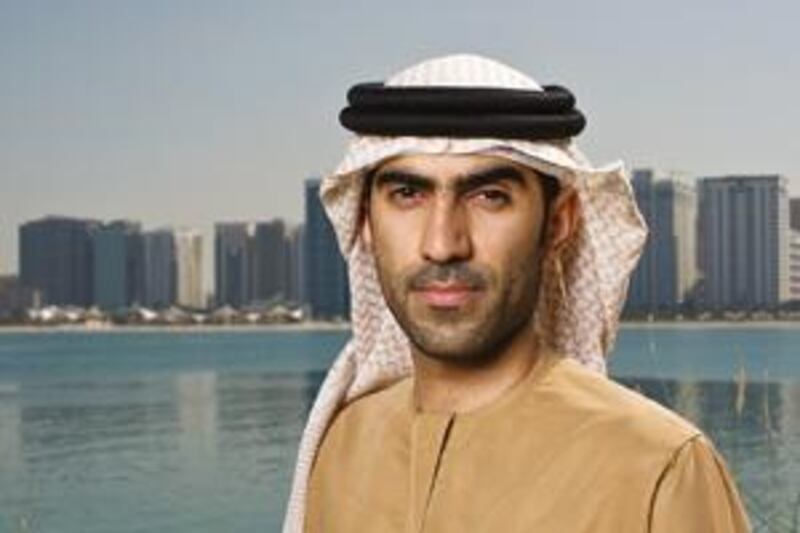Dear Ali: I am from Germany, where people prefer to drive smaller cars, but I have seen a lot of SUVs and Hummers in the UAE. Is this just because petrol here is cheaper? FB, Abu Dhabi Dear FB: I know what you mean. Sometimes when I try to park my 4x4, it looks like we are preparing for war with all these SUVs. And, yes, you may say that the lower price of petrol also helps. I'm not sure I would drive my Range Rover in places where a tank of gas would cost more than Dh300. But the reason we drive big cars is simple, really: we have big families, and we figure they can withstand our hot climate and enable us to visit our palm or camel farms in the middle of the desert.
In this part of the world, the number of children you have is a bit of a status symbol, and we need big cars to ferry them around. But even those of us who don't have big families (yet!) tend to drive 4x4s. This is because we may take 10 or 20 major trips to the desert each year for family outings. Our preference for large vehicles can be traced to previous generations. Imagine the UAE when the idea of "villages" was first introduced. All of a sudden, we had schools and hospitals and roads to drive to them, but many families couldn't afford multiple vehicles. They needed to choose one, and trucks could be used both to drive the family around and for work on the farm. Easy choice.
Today, our fascination with the automobile continues. Emiratis often have two or even three vehicles. For the family car, we go for the Toyota Land Cruiser or Nissan Patrol. Almost every Emirati family has one, if not both, of these. I remember learning to drive in my dad's Patrol without a licence. (Please don't tell the police!) We always had a Mercedes Benz as my father's private car. The brands are also significant - Emiratis are obsessed with owning the best, owing to our belief in word of mouth. I'm sure this began with a Sheikh driving one.
Dear Ali: I've heard it's illegal to wrap food in newspapers. Is this true and, if so, why? SC, Sharjah Dear SC: In my cultural awareness workshops I advise attendees that there are always two sides with legality. Are we talking about something made illegal by law or is it culturally frowned upon? I can assure you there is no law that says you can't wrap food in a newspaper. But culturally it is not accepted or appreciated. For those of you who grew up on fish and chips served in newspaper, or wrapped your glassware in newspaper when you came here, this might seem strange, so let me explain. Local newspapers often contain verses from the holy Quran and almost always have pictures of political leaders. Now imagine if you are meeting a local colleague and set your coffee cup down on top of a Sheikh's face or a Quranic verse. Your colleague might have a heart attack! I would certainly never do this with a picture of Queen Elizabeth, but then again, we are especially loyal to and respectful of our government leaders.
My advice is to be mindful. Be aware of any pictures on the pages. If the liquor store is out of plastic bags, don't cover your bottle with a page featuring one of our Sheikhs or any object that is related to Islam. I say this, but I'm aware of some Emiratis who use newspaper to eat on or clean up after a pet. But they're generally careful choosing the pages, as you should be to avoid mistakenly using the face of a respected leader!
That said, this act comes down to intention. Now that you are informed, we might expect you to be more sensitive with newspapers.
Arabic:Azeezy (m); Azeezaty (f) English: Dear Azeezaty (my dearest) Helen, congratulations on your new car. I can't wait to get a free ride!" You may use the term when addressing someone who is close to you - a parent or friend or or a dear colleague, usually when writing to them.





